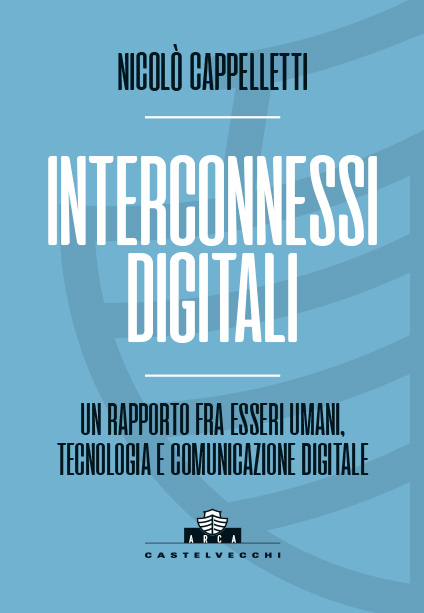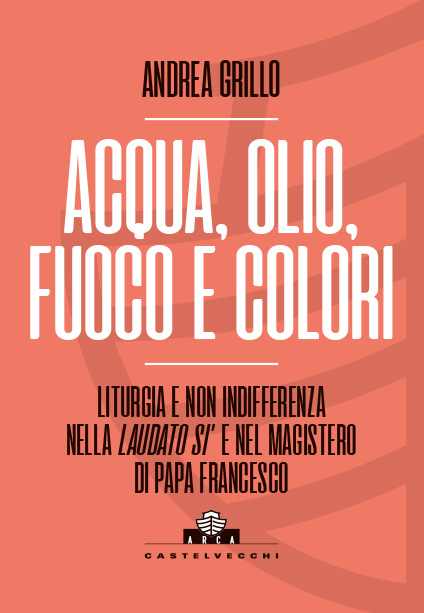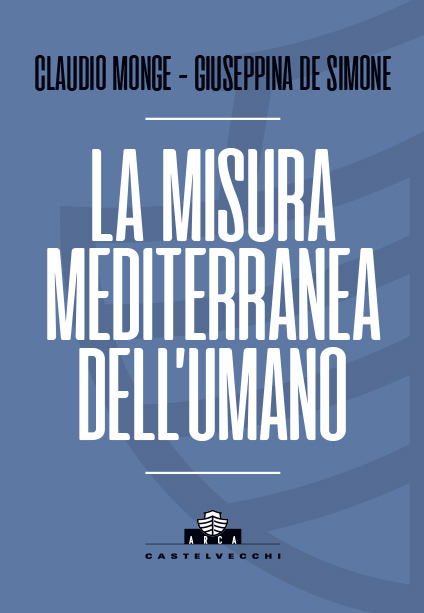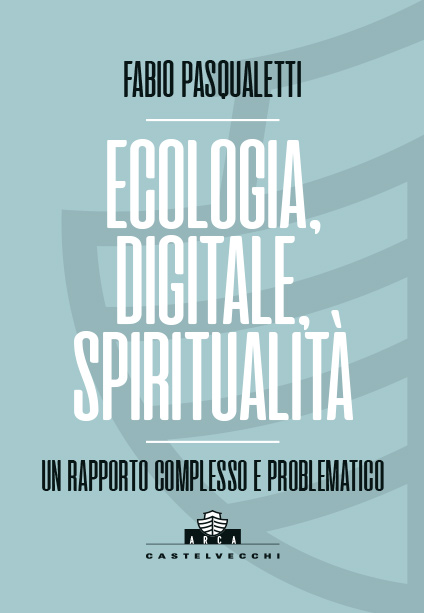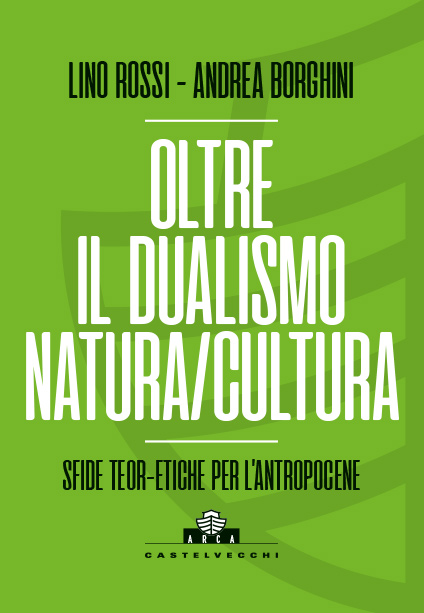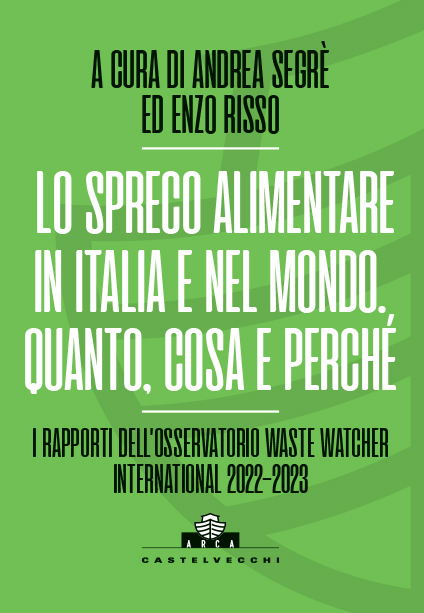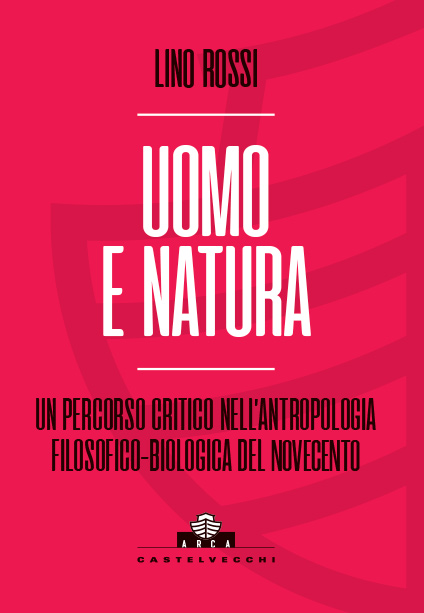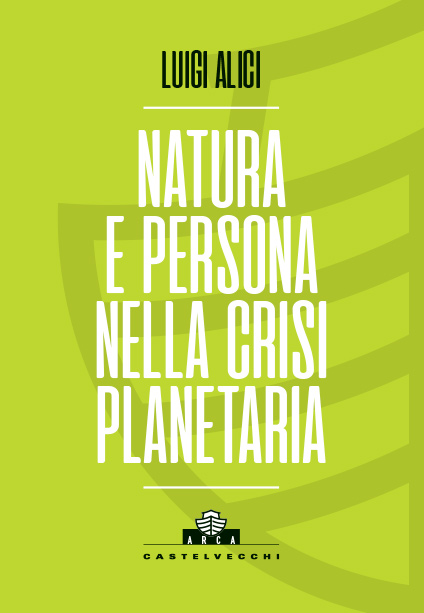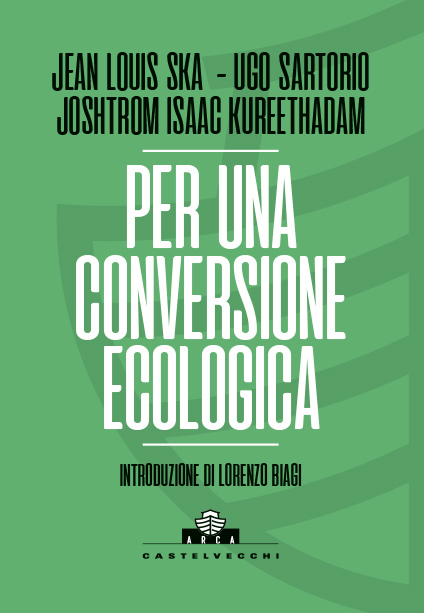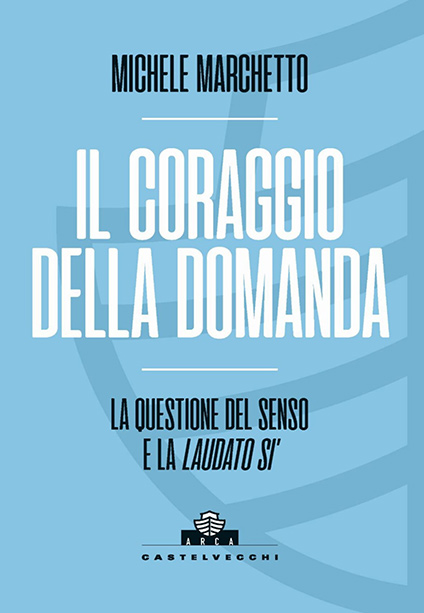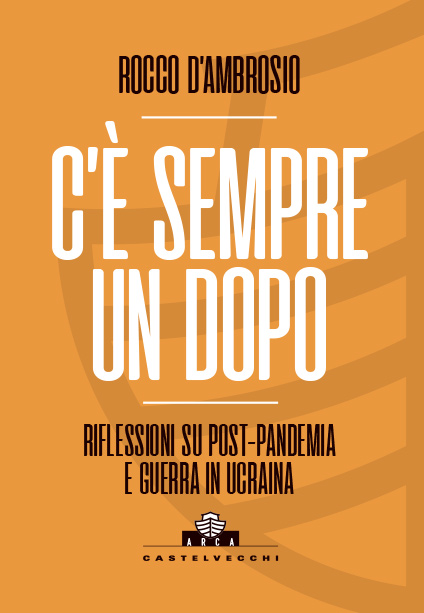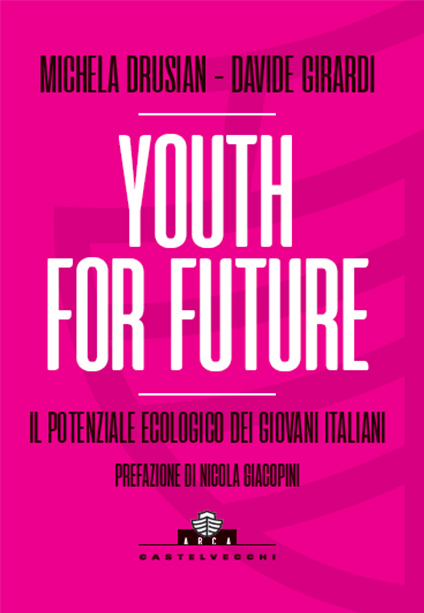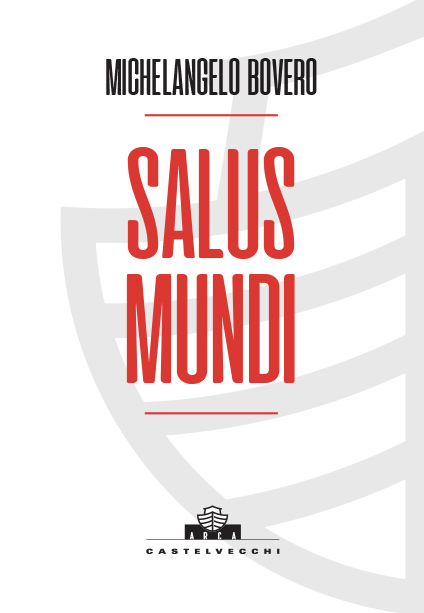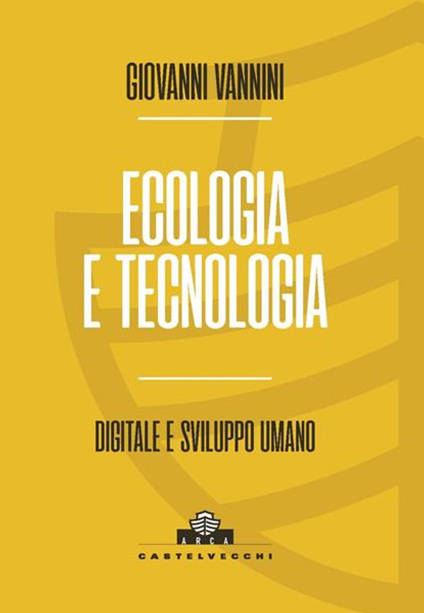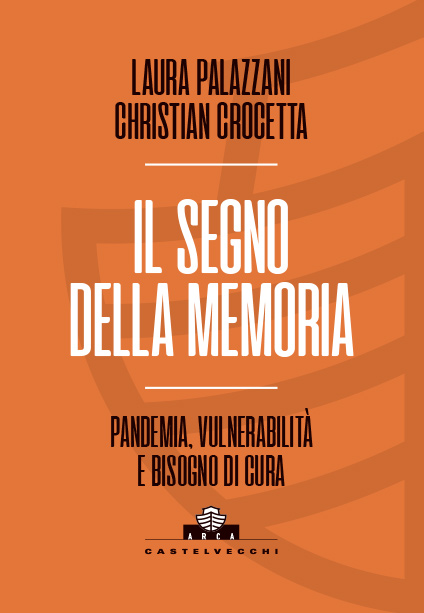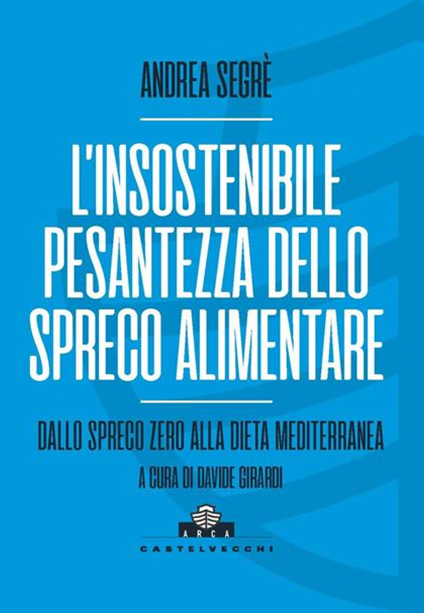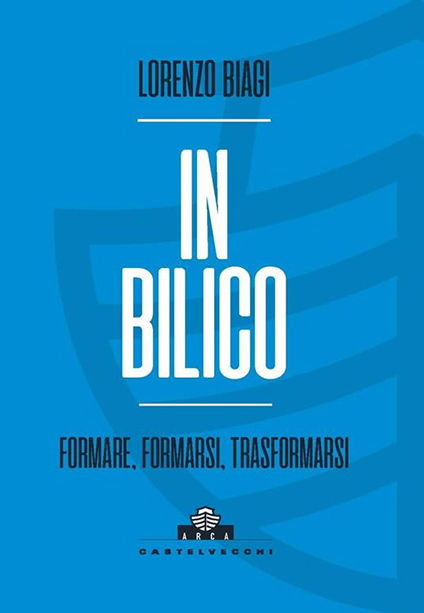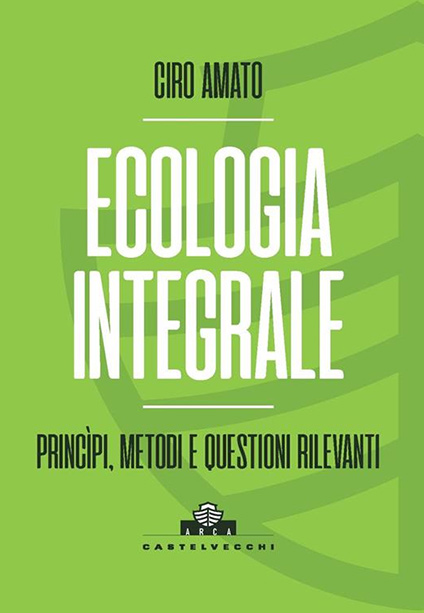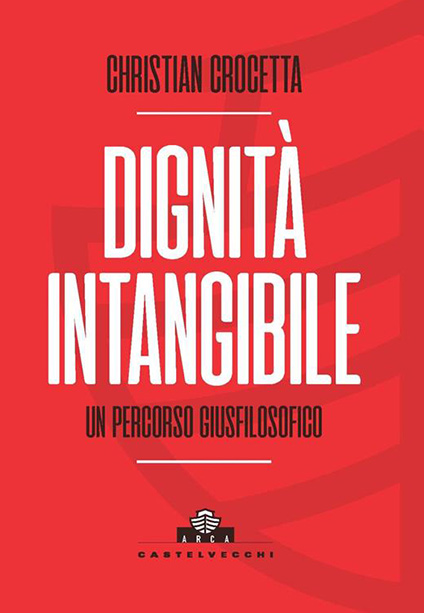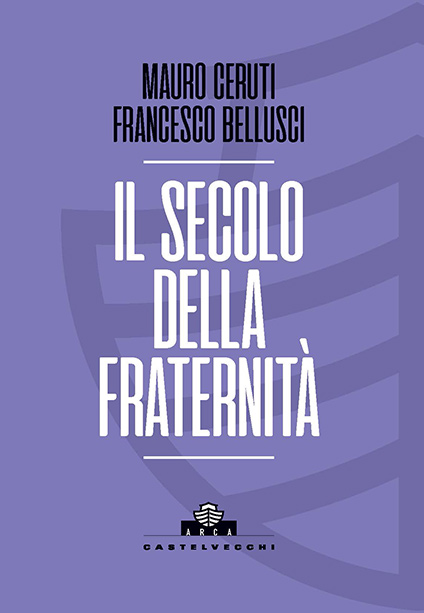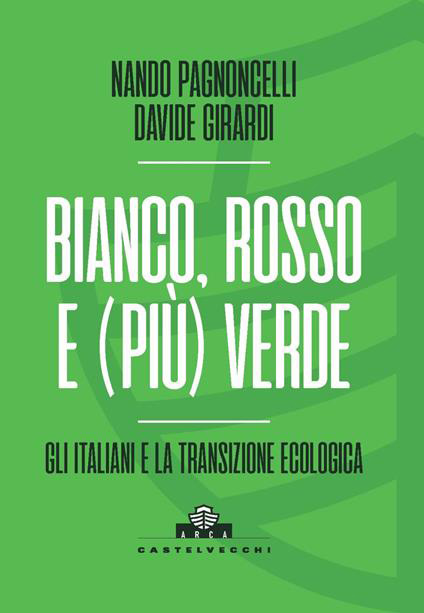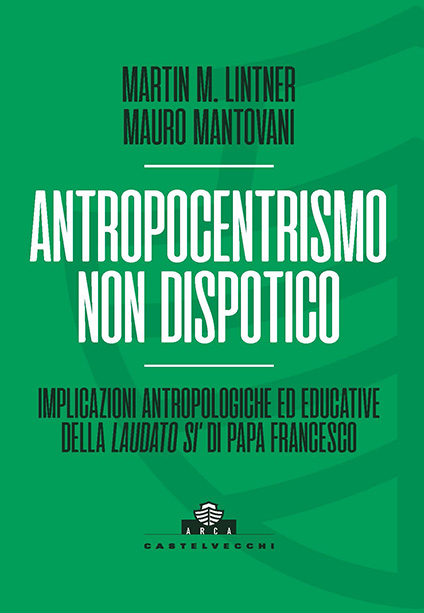Titolo: Il community/ies building in educazione
Tipo di pubblicazione: articolo
Anno di pubblicazione: 2013
Autore: Roberto Albarea
Rivista: IUSVEducation #02
Pagine: 20-43
Data di pubblicazione: dicembre 2013
Editore: IUSVE – Istituto Universitario Salesiano
ISSN: 2283-334X
Come citare: Albarea, R. (2013). Il community/ies building in educazione. IUSVEducation, 2, 20-43. https://www.iusveducation.it/il-community-ies-building-in-educazione/
Parole chiave: community building, social housing, personalismo, ragione strumentale, democrazia
Paper PDF: IUSVEducation_02_Albarea_COMMUNITY_BUILDING_EDUCAZIONE.pdf
Abstract:
Il presente lavoro evidenzia come il principio di una ragione radicata nel vivere sociale si ponga in antitesi a quella ragione strumentale oggi prevalente nella contemporaneità occidentale e globale, oggetto di analisi da parte dei critici postmoderni.
Uno dei topic che può tenere presenti il senso di ragione, l’istanza educativa, la sensibilità e l’attenzione al vivere sociale, ponendo in interrelazione dinamica queste tre variabili(ingredienti dissolti nell’agire etico dell’educatore) sembra essere il «fare comunità», rivisitandolo alla luce della contemporaneità, recuperando il passato, per il presente e il futuro.
Attraverso autori come J. Maritain, E. Mounier, A. Sen e A. Olivetti si analizzano le caratteristiche del Community/ies Building, come emerge dalla tradizione filosofica personalistica e dalla recente letteratura scientifica, per arrivare a gestire pratiche democratiche come opportunità di apprendimento, recependo altresì le proposte urbanistiche dell’architettura (Social Housing).
Abstract:
This work highlights how the principle of a reason rooted in social living is in antithesis to that instrumental reason prevalent nowadays in Western and global contemporaneity, which has been the object of analysis by postmodern critics.
The topic which can take into account the sense of reason, educational requirement, sensitivity and attention to social living, is the Community/ies Building, which puts into interaction these three variables that are considered as ingredients inherent in the ethical behaviour of the educator. The Community/ies Building can be re-interpreted according to the canons of contemporaneity, conserving the past to create the present and the future. Through the analysis of authors such as J.
Maritain, E. Mounier, A. Sen and A. Olivetti, the characteristics of Community/ies Building emerge, following the tradition of personalistic philosophy and the recent scientific literature, to succeed in governing democratic practices as learning opportunity, also acknowledging the urban suggestions coming from architecture (Social Housing).
Keywords: community building, social housing

















